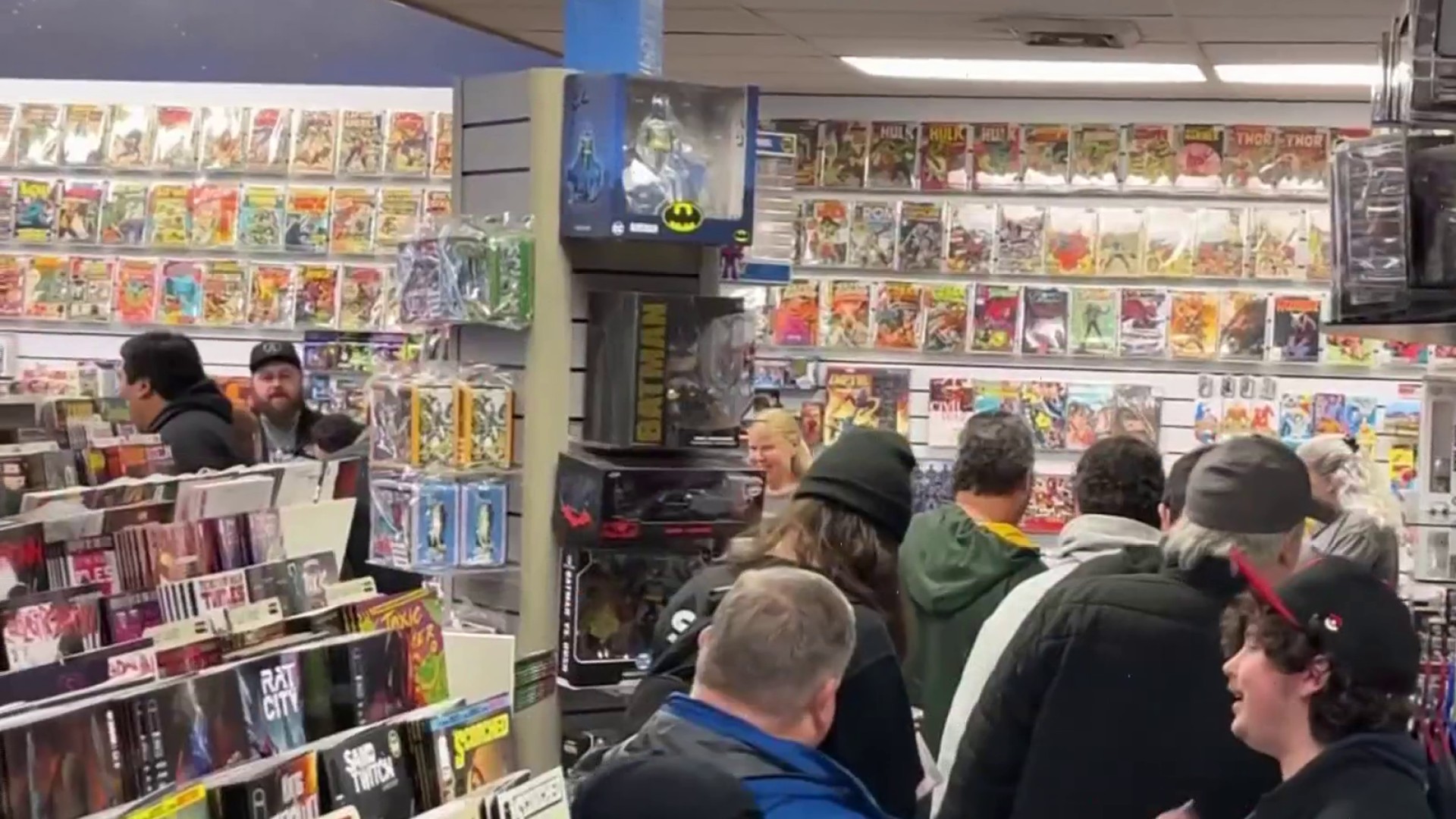Tim Weed has heard all the banjo jokes -- the constant digs about the banjo in the movie Deliverance or the Beverly Hillbillies TV show. But a funny thing happens when Weed actually plays the instrument for people. Their mouths drop as his banjo releases a startling sonic flurry of notes, summoning the likes of Bach or Mozart. It only takes a stanza or two before the stereotypes are dashed.
"It sort of breaks down barriers of what people expect banjo to do," Weed said, clutching his five-sting banjo festooned with "Weed" on the headstock.
While Marin County musician's long career has roamed competently through a multitude of genres including bluegrass, Indian music and film composing, it's his original classic banjo music that seems to cause the most whiplash.
"I very often have gotten responses such as 'I love that and I don’t even like the banjo,'" Weed said with a grin.
As with most musicians, the pandemic snatched away all of Weed's gigs along with the musical camaraderie of playing music with, and for others. Instead he dove inward and released an album of original classical banjo music, recorded with a full orchestra in Prague in the Czech Republic before Covid-19 began its global march.
The album Light and Dark, features two of Weed's long-form compositions -- thrusting the banjo onto a musical stage where i never existed before.
"Nobody's ever done anything like what Tim is doing, which is literally a concerto or fantasia for banjo and orchestra," said Sascha Jacobsen, a virtuoso Bay Area bassist and composer who helped Weed arrange the pieces. "I mean it's totally new."
Local
Weed's childhood seems as unlikely a breeding ground for a banjo player as is the music he would eventually play on it. He grew-up as a Southern California surfer kid when the music of the Eagles and Poco steered him toward an instrument more commonly associated with hillbilly music. Once he fell for the banjo at age sixteen, he plunged right in.
"My mother says I was completely obsessed by the banjo," Weed said, "and that it was really difficult to get me to eat dinner or breakfast."
Weed, who started out life as Timothy Wiedenkeller,was still a teenager when he struck up musical partnerships with musicians like fiddler Stuart Duncan and dobro player Alison Brown playing bluegrass. Both would go on to musical fame -- Brown also becoming a trailblazing banjo player.
Weed became a regular session musician, playin guitar, banjo and mandolin in recording studios around Southern California. From there he followed a musical trajectory that lead him into composing music for films. It was in the latter pursuit where he discovered his banjo beginning to channel a music more in tune with a classical vein. With the classical world absent a repertoire for five-string banjo and orchestra, Weed began to write his own.
"At the time I was writing that orchestral music I noticed that it started to come out on the banjo," Weed recalled. "Right there before my eyes was this very expressive, beautiful, sensitive music coming out of the banjo that I never knew was possible."
Weed has released numerous albums throughout his career; some featuring his vocal songs with his soaring tenor, some traveling the roads of Indian spiritual music and along Mexican folk traditions -- and some hinting at the banjo's potential in a classical setting.
But it wasn't until his visit to Prague that the banjo took its rightful place as the centerpiece of an 83-piece orchestra lead by conductor Jirí Petrdlik, powered by percussion, strings, woodwinds and brass. With its percussive, ringing notes, the banjo occupied a space that might have been filled by a piano.
Inside the Prague recording studio, Weed sat sequestered with his banjo in an isolated booth, engulfed by the orchestra's rapturous sound that seemed to fulfill a long-dreamt vision of the music that had been playing in his head.
"When the conductor drops the baton," Weed said, "and the orchestra plays what you’ve been imagining for -- in this case years -- it’s heavenly."
Though Weed laments the pandemic has made it difficult to play music with others and for audiences -- he wasn't able to hold an album release concert -- it has left him with ample time to explore the other voices inside his banjo. He's used the time in isolation at home in Marin County to write several dozen new songs.
Through these Covid times, he discovered that a lifetime spent as a working musician had prepared him with the scrappy life-skills necessary to ride-out a pandemic.
"The most important thing is that we are resilient," Weed said, "and we’ll find ways."



